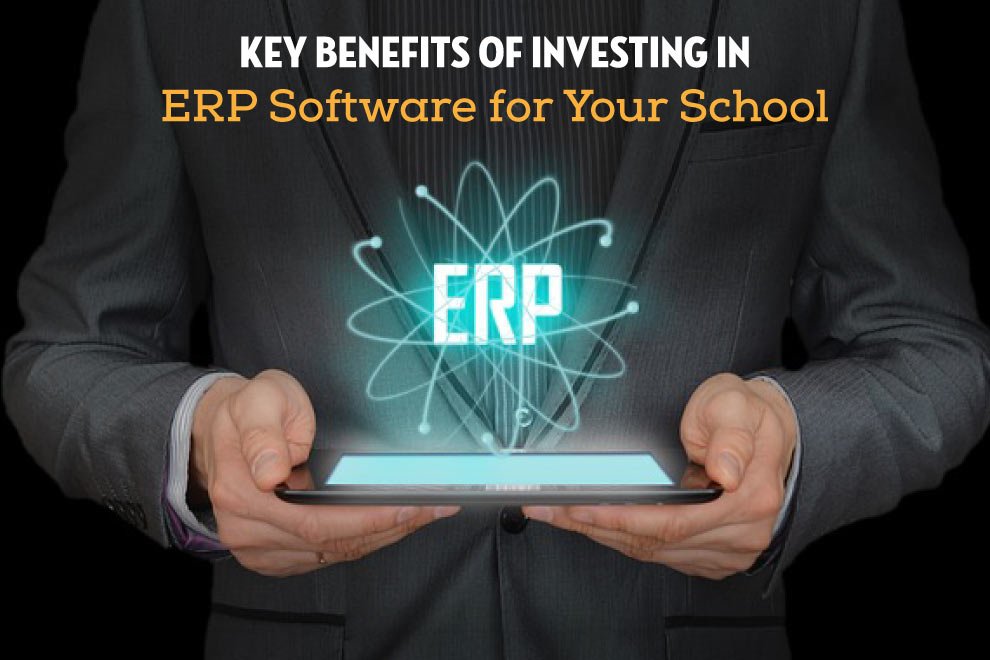Enterprise resource planning (ERP) is a type of software that institutions, including schools, use to manage daily activities. An ERP system makes it easier for learning institutions to handle vast amounts of data, streamlining school operations like dealing with new enrolment, student attendance, and other tasks. This helps easily manage a school’s functions and administrative tasks. School ERP software is a worthy investment for any learning institution. Discussed below are four key benefits of investing in ERP software for your school.
1. Better learning outcomes
Investing in a school management system enables you to create the best learning environment where learners can grow and flourish. ERP software makes it easier for schools to provide learning experiences tailored to learners’ needs. The system enables your teachers to see and assess student progress, behavior, and attendance so they can offer lessons suitable for their classroom’s unique needs.
When a teacher notices that learners are having a hard time making progress on a specific module, they can spare more time to ensure their understanding of the material improves. This helps better your school’s academic performance. With the help of an ERP system from a reliable provider such as Teach ‘n Go, you can improve your students’ learning outcomes, boosting your institution’s reputation.
2. Streamlined workflows
An educational institution’s success depends on different elements, like:
- Transparent communication
- Efficient administrative and organizational structure
- Easy information flow
Managing your school’s workflow isn’t easy, and if you’re doing it manually, it becomes more challenging. ERP software can help your learning institution enhance workflow management in the following ways:
- Managing learners’ fees: Manual fee collection is complex and time-consuming. Also, there are human error and miscommunication risks and chances of missing or lost documents. ERP software comes with a fee management feature that helps streamline the fee collection process while preventing the risk of errors
- Managing student attendance: Taking student attendance manually requires teachers to use part of their classroom time then prepare a report plus the days a learner was present, which can be quite tedious. ERP software eliminates the need for teachers to waste time on these tedious activities but rather concentrate on bettering education quality
3. Better efficiency and productivity
An ERP system enhances the school administrators’ and teachers’ productivity. For instance, rather than spending lesson time recording attendance manually, the teaching staff can complete this task with a few clicks on a digital device. ERP software’s smart nature and capability to automate essential, time-consuming processes leaves teachers and administrators with enough time to concentrate on core matters.
Instead of manually sending fee payment reminders to parents, you can set an ERP system to send reminders automatically when fee payments are overdue or due. With this system, you can also have a real-time view of the payment history.
4. Better teacher-parent communication
Improved teacher-parent communication is key to improving a child’s overall development. In addition, parental involvement in a child’s education allows teachers to focus more on teaching. Most ERP systems come with communication tools like email and bulk SMS, making it easier for your school to keep parents in the know. Once parents understand what’s happening in school, including any required disciplinary actions, they can assist in supporting and guiding their kids.
Endnote
An ERP system offers multiple benefits to any learning institution. Learn the key benefits of investing in ERP software for your school to determine if it’s worth investing.
ALSO READ: 5 Advantages and Disadvantages of Artificial Intelligence you should read










